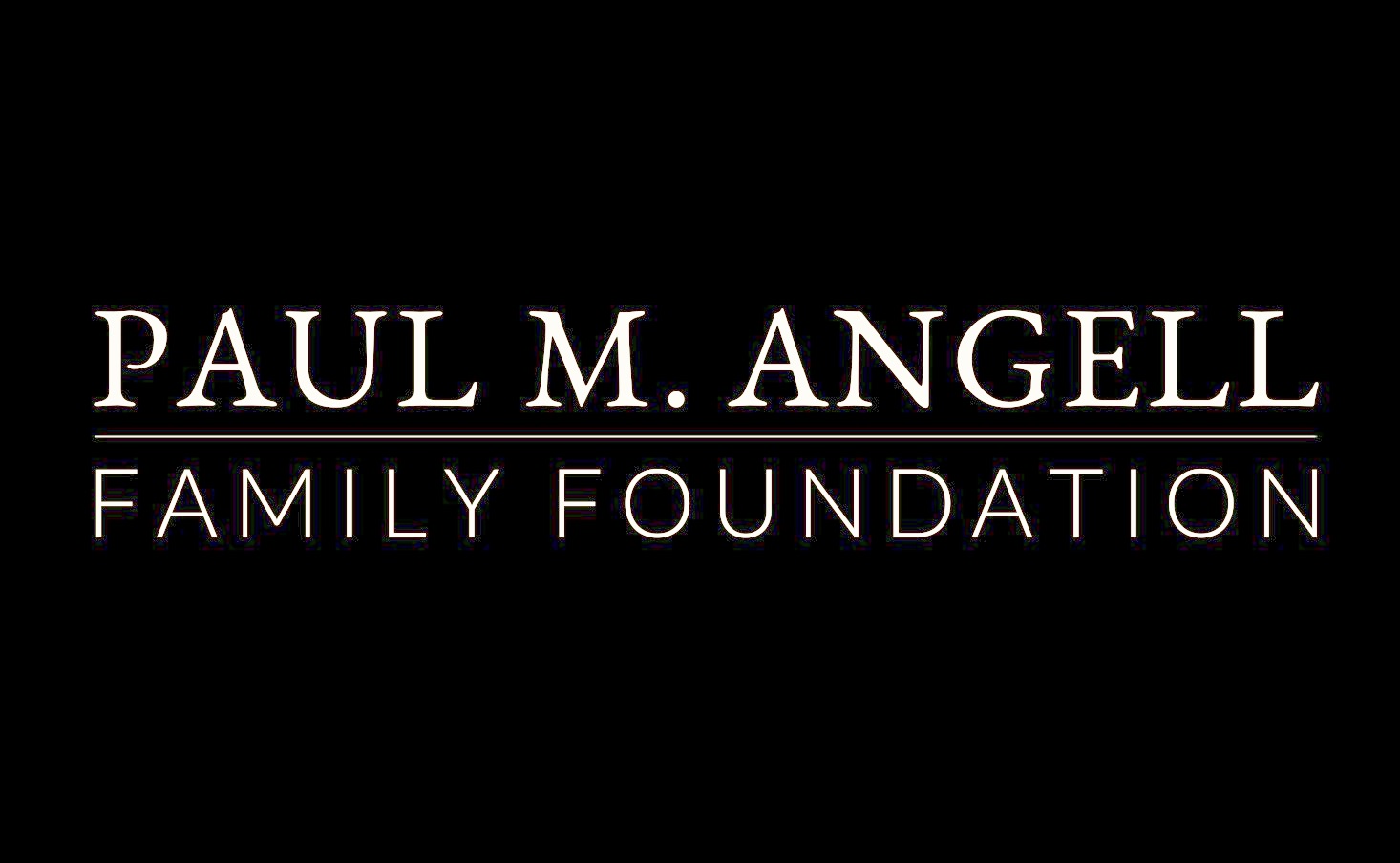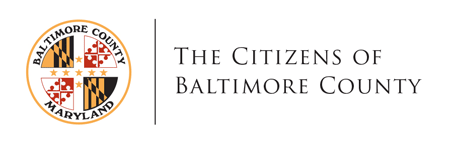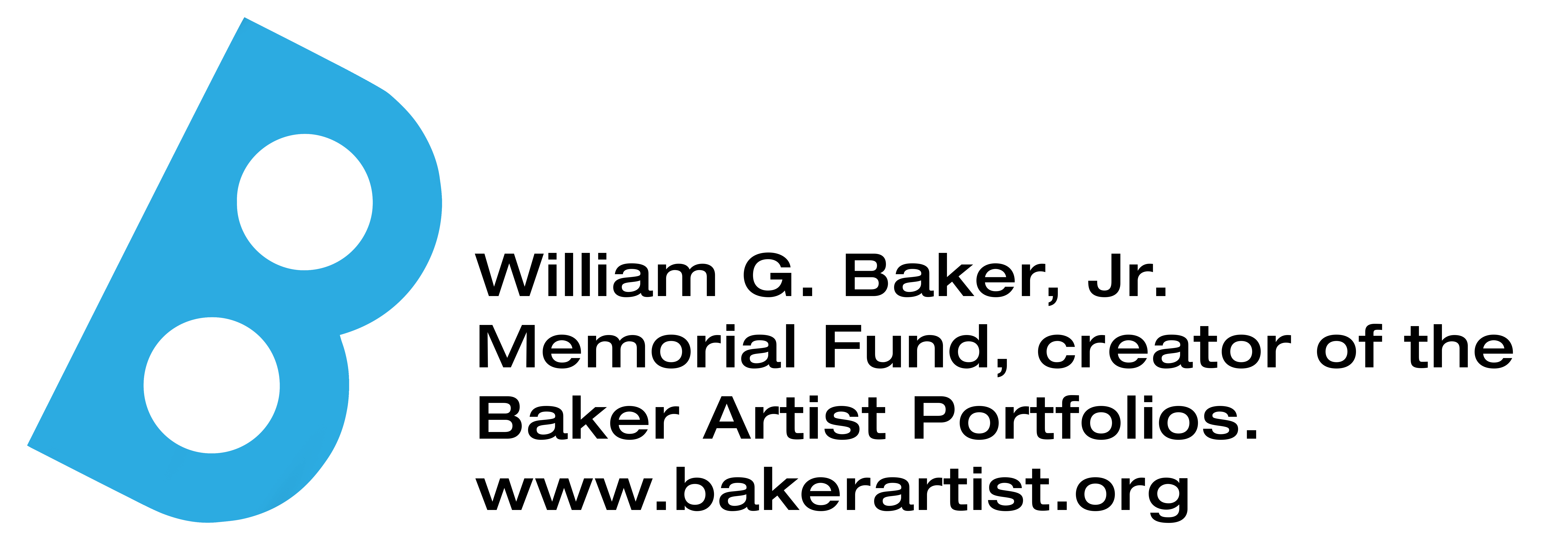OUR FOUNDATION
Shriver Hall Concert Series (“SHCS”) was founded in Baltimore City in 1966 by a group of music lovers to present world-class chamber music and recital performances. As we work to become a more equitable and inclusive organization, it is important that our efforts are informed by the context of our City and surrounding region.
Baltimore City has been a majority-Black city since the mid-1970s. The region has a history of oppression, and structural and systemic racism is deeply rooted in that history. We acknowledge that SHCS has been insular, too accepting of the status quo, and could have done more to pursue diversity, equity, inclusion, and accessibility (“DEIA,” definitions are below).
Arts organizations like ours do not exist in a vacuum but are integral members of society. Just as we have the opportunity to enrich people’s lives through art, we also have the responsibility to embrace the values of DEIA.
We began this self-reflection in summer 2020 with an internal equity statement. In fall 2021, the Board engaged a subject-matter expert, began interactive learning, and formed a DEIA task force comprised of board and staff members charged with developing a statement and initial action points for sustainable change. The work of this task force is intended to inform SHCS’s forthcoming five-year strategic plan. We are committed to listening, learning, and taking action.
WHAT WE BELIEVE
We believe that music is essential to humanity and should be accessible to all. While we recognize that classical music is rooted in Western European traditions and developed within societies that practiced racism and exclusion, we believe that it is a living art form that embodies a diversity of perspectives, emotions, and interpretations, and is embraced by people from a broad range of cultures.
We believe that it is imperative that our audiences, artists, staff, volunteers, and board members are representative of the racial and ethnic diversity of Baltimore so that SHCS can benefit from a rich variety of perspectives and ideas, be connected with different communities, and richly serve the region.
We believe that to be a vital and vibrant organization, we must be inclusive, welcoming, equitable, and actively engage with communities underrepresented in our organization.
We are committed to being anti-racist in that we recognize it is our individual and collective responsibility to speak out and act against racism.
We recognize that this is life-long, ever-evolving work that requires investment, time, diligence, and intentionality.
WHAT WE WILL DO
SHCS will work to achieve the identified DEIA goals through data collection and analysis, soliciting feedback from our stakeholders, and by charging Board committees with related tasks. The Board will assess the progress of the organization through an annual review. The annual reviews will lead to updating the DEIA goals.
- Personnel: Increase and sustain racial and ethnic diversity across our board, staff, and volunteers. Nurture an environment of welcoming and belonging for audiences, artists, staff, volunteers, and board members, with particular attention to those who are currently underrepresented.
- Learning: Foster a culture of ongoing DEIA learning through annual workshops for board and staff, professional development, and new avenues of community input.
- Financial: Create a permanent budget line to support DEIA activities and develop an equitable approach to selecting vendors and contractors.
- Community: Continue to build relationships and collaborations with neighborhood and BIPOC (see definition below) organizations, educational programs, and community leaders with the goals of deepening investment in SHCS and identifying new ways to serve and uplift our community.
- Audience: Actively seek out BIPOC and underrepresented audiences with creativity and experimentation, and work to identify barriers of access to our programs to increase opportunities for participation.
- Programming: Continue to be proactive in helping to evolve classical music to be a more representative and inclusive art form through commissioning, championing overlooked composers, and intentional programming.
DEFINITIONS
- Diversity: The presence of people of varying social identities, often referring to race, ethnicity, nationality, gender identity and expression, socio-economic status, sexual orientation, age, and ability/disability. NB: Individual people are not "diverse;” diversity is a characteristic of a group.
- Equity: Giving people what they need to be successful by addressing historic and current barriers; recognizing we don’t all start from the same place because advantages and barriers exist. Equality is giving everyone the same thing; equity is giving each person what they need.
- Inclusion: People of different identities feel welcomed, respected, and valued within a given setting. They can bring their whole selves into the setting. No group is silenced.
- Access: Eliminating barriers and forging pathways to allow people of diverse backgrounds and identities to enter and participate as audiences, artists, staff, volunteers, and board members.
- BIPOC: BIPOC is an acronym which stands for Black, Indigenous, and People of Color.
Adopted by Shriver Hall Concert Series' Board of Directors on May 24, 2022.




